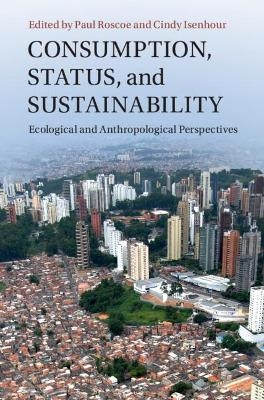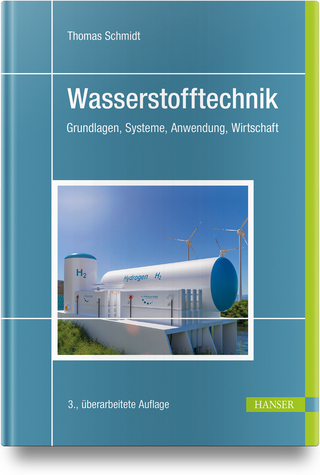
Consumption, Status, and Sustainability
Cambridge University Press (Verlag)
978-1-108-83604-3 (ISBN)
This volume addresses current concerns about the climate and environmental sustainability by exploring one of the key drivers of contemporary environmental problems: the role of status competition in generating what we consume, and what we throw away, to the detriment of the planet. Across time and space, humans have pursued social status in many different ways - through ritual purity, singing or dancing, child-bearing, bodily deformation, even headhunting. In many of the world's most consumptive societies, however, consumption has become closely tied to how individuals build and communicate status. Given this tight link, people will be reluctant to reduce consumption levels – and environmental impact -- and forego their ability to communicate or improve their social standing. Drawing on cross-cultural and archaeological evidence, this book asks how a stronger understanding of the links between status and consumption across time, space, and culture might bend the curve towards a more sustainable future.
Paul Roscoe is a social anthropologist specializing in the anthropology of small-scale societies and modeling the human dimensions of climate-change. He co-edited three books and has published regularly in leading anthropology and archaeology journals. He won the 1993 Curl Essay Prize (Royal Anthropological Institute) and is the 2016 Distinguished Maine Professor. Cindy Isenhour is associate professor of anthropology at the University of Maine. Shespecializes in environmental policy and sustainable systems of consumption-production. She co-edited two books, Sustainability in the Global City: Myth and Practice (2015) and Power and Politics in Sustainable Consumption Research (2019) with research support from the National Science Foundation, Wenner-Gren Foundation and the Environmental Research and Education Foundation.
Preface; Introduction; 1. Standing out, fitting in, and the consumption of the world: sustainable consumption in a status-conscious world Paul Roscoe and Cindy Isenhour; Part I. Status Competition and Hierarchy in Human Societies: 2. 'Status' pursuits in the past, and the condition we are in Brian Hayden; 3. Conflict management, status competition and consumption Paul Roscoe; Part II. Variability in Status Consumption: 4. Status competition in the ancient past? Tracing antecedence in the Mimbres region of the US southwest Will G. Russell and Michelle Hegmon; 5. Leadership, the funding of power, and sustainability in the Prehispanic Mesoamerican world Gary M. Feinman; Part III. Continuity and Discontinuity: 6. The never-ending feast redux: food, status competition, and the anthropology of overconsumption Kaori O'Connor; 7. The status of archaeological knowledge in the study of status: notes on classical Greece Staša Babić; 8. Signs of power and the power of signs: semiotics, materiality, and the political economy of status and consumption Alf Hornborg; 9. Status, consumption, and intersectionality in sustainability research Sophorntavy Vorng; Part IV. Bending the Curve: 10. The higher monkey climb: shame as a tool in seeking a sustainable world Richard Wilk; 11. Ecological routes to social status and urban inclusion: theorizing citizenship through waste work Manisha Anantharaman; 12. Making the market work: socially embedded economies, the climate, and consumption Cindy Isenhour; 13. Conclusion: changes in status, consumption and sustainability Cindy Isenhour and Paul Roscoe.
| Erscheinungsdatum | 02.08.2021 |
|---|---|
| Reihe/Serie | New Directions in Sustainability and Society |
| Zusatzinfo | Worked examples or Exercises |
| Verlagsort | Cambridge |
| Sprache | englisch |
| Maße | 159 x 235 mm |
| Gewicht | 640 g |
| Themenwelt | Geisteswissenschaften ► Archäologie |
| Naturwissenschaften ► Biologie ► Ökologie / Naturschutz | |
| Sozialwissenschaften ► Ethnologie | |
| Sozialwissenschaften ► Soziologie | |
| ISBN-10 | 1-108-83604-6 / 1108836046 |
| ISBN-13 | 978-1-108-83604-3 / 9781108836043 |
| Zustand | Neuware |
| Informationen gemäß Produktsicherheitsverordnung (GPSR) | |
| Haben Sie eine Frage zum Produkt? |
aus dem Bereich


